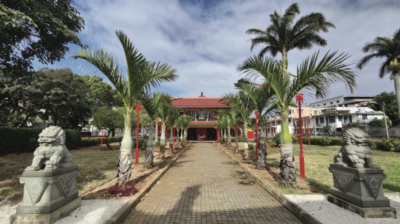The sights of women in the new Islamist insurgency in northern Mozambique
The current literature about the conflict in northern Mozambique either ignores women altogether or portrays them in relation to the multiple acts of violence inflicted on them. These include being victims of kidnapping and trafficking, sexual abuse (from insurgents, defense forces, and in exchange for food in the humanitarian context), becoming widows, being tortured and killed, escaping captivity and being rescued, and being the face of the humanitarian crisis. There is emerging knowledge about women's different roles and agency, as recruiters, mobilizers, indoctrinators, informants, and even combatants. These roles were present also in previous conflicts, such as the independence struggle and the post-independence conflict. They are also expected in a region where matriliny has endured despite strong historical ties to the Swahili world and waves of Islamic expansion, as well as attempts to establish and police an Islamic ‘orthodoxy’ (Bonate 2006). In this presentation, I argue that a gendered perspective of the conflict allows for different insights into the dynamics of the conflict. To draw different conclusions about actors, determinants, risks, and enabling factors. Also to propose different and concrete mechanisms for the peace process and resolutions. If Mozambique wants to keep with the UNWomen mandate for Women, Peace, and Security and include women in all processes, it should understand where and how women are better located to exert their influence. This includes understanding their particular suspicions and grievances, humanizing the state and citizen relationship by extending the assumption of innocence afforded to them because of their gender to men in similar circumstances (e.g. escapees), and comprehending their roles and participation in customary leadership structures, looking for instances of resistance and proposals for conflict resolution.


